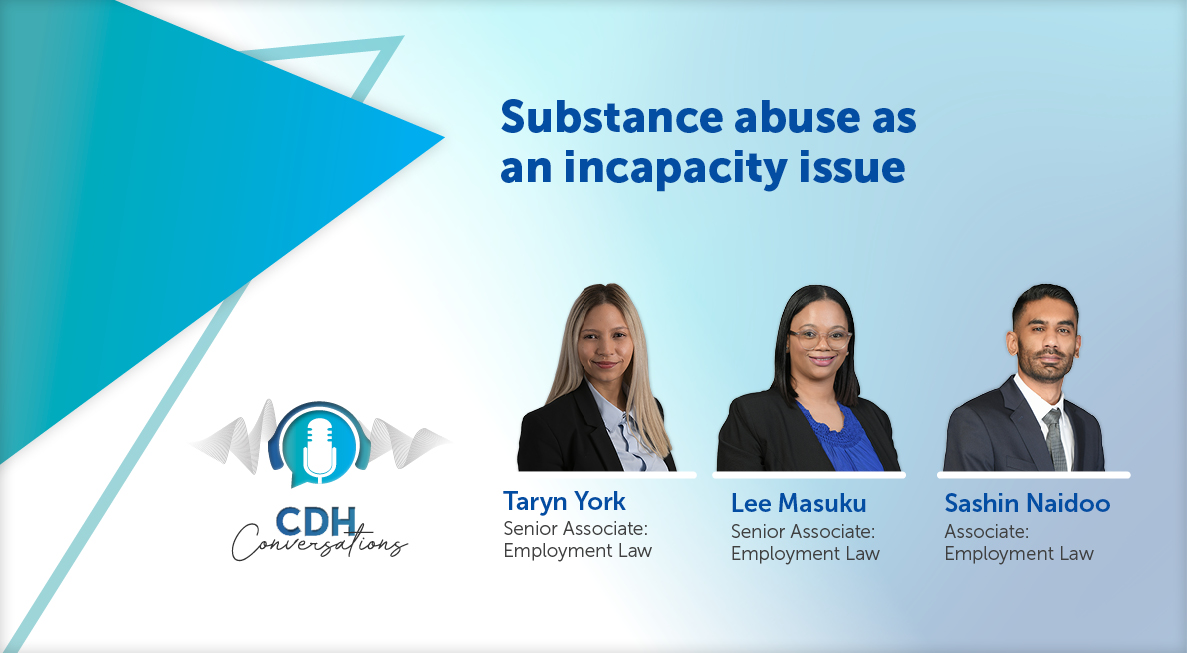Capitalisation of shareholder loans and set-off
The South African Revenue Service (SARS) published Binding Private Ruling 193 (Ruling) on 15 June 2015, which dealt with the partial capitalisation of a shareholder loan.
The applicant was tax resident and incorporated in South Africa, and was held by a non-resident holding company.
The holding company had previously extended a shareholder loan to the applicant, and at the time of the Ruling an amount of capital and interest remained outstanding.
The shareholder loan was applied by the applicant to fund various things, including tax deductible expenditure and allowance assets.
At the time of the Ruling, the Applicant was unable to service the interest payments on the shareholder loan. The shareholder loan was also excessive in terms of thin capitalisation requirements, and there was a risk that not all interest would qualify for deduction.
It was proposed that:
-
the holding company would demand payment of a portion of the capital and interest in respect of the shareholder loan;
-
the holding company would subscribe for one ordinary share in the applicant at par value plus a premium, which would equal the portion of the shareholder loan that is required to be paid;
-
the holding company’s obligation to pay the subscription price for the ordinary share, and the applicant’s obligation to pay a portion of the shareholder loan, would be settled by way of set-off; and
-
the portion of the shareholder loan that would not be settled would remain outstanding.
Usually in circumstances where shareholder loans are capitalised, there is a concern that the transaction could trigger the debt reduction provisions contained in s19 of the Income Tax Act, No 58 of 1962 (Act) and/or paragraph 12A of the Eighth Schedule to the Act.
Depending on how the loan was applied by the taxpayer, these provisions can result in recoupments and/or the reduction of allowable expenditure for capital gains tax purposes (or an immediate capital gain in certain circumstances).
The uncertainty derives from Commissioner for the South African Revenue Service v Labat Africa Ltd 74 SATC 1 where it was held that the issue of shares by a company does not constitute expenditure incurred. If a company issues shares in settlement of a shareholder loan, the question then arises whether the company has actually settled the loan or whether the loan was waived (or otherwise reduced). However, the court in the Labat case did indicate that it may be possible to structure a transaction so that set-off applies between the obligation of a subscriber to pay the subscription price for a share and any obligation that the issuing company might have towards the subscriber.
In this Ruling SARS ruled that the proposed transaction would not trigger the application of s19 of the Act, paragraph 12A of the Eighth Schedule to the Act, or paragraph 20(3)(b) of the Eighth Schedule to the Act.
SARS also specifically confirmed that the obligations of the parties would be settled by way of set-off.
This is contrary to previous rulings given by SARS (such as Binding Private Ruling No 173), in which SARS insisted that cash would need to flow between the parties in respect of settling their obligations to each other.
This Ruling is important because:
-
it again emphasises that loans can be capitalised without necessarily triggering the debt reduction provisions; and
-
it confirms that transactions can be structured in such a manner that the obligations between parties are settled by way of set-off, and that it is not necessary for cash to flow.
The information and material published on this website is provided for general purposes only and does not constitute legal advice. We make every effort to ensure that the content is updated regularly and to offer the most current and accurate information. Please consult one of our lawyers on any specific legal problem or matter. We accept no responsibility for any loss or damage, whether direct or consequential, which may arise from reliance on the information contained in these pages. Please refer to our full terms and conditions. Copyright © 2026 Cliffe Dekker Hofmeyr. All rights reserved. For permission to reproduce an article or publication, please contact us cliffedekkerhofmeyr@cdhlegal.com.
Subscribe
We support our clients’ strategic and operational needs by offering innovative, integrated and high quality thought leadership. To stay up to date on the latest legal developments that may potentially impact your business, subscribe to our alerts, seminar and webinar invitations.
Subscribe




